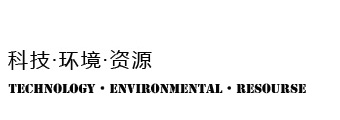DTSC is Toxic to California Metal Recycling Efforts
For instance, California’s largest recycling business, rePlanet, announced it has closed down its remaining 284 recycling centers throughout the state because of rising operating costs, reduced state fees, and the depressed pricing of recyclable materials. All the jobs provided by re-Planet are now gone.
However, the state has an opportunity to salvage what remains of its metal recycling programs.
For more than 50 years, California’s scrap metal recycling operations have run smoothly. Throughout California, scrap metal recyclers have protected the environment and landfills by efficiently extracting a wide range of valuable metals from massive mountains of shredded cars, refrigerators, washing machines and innumerable consumer products containing aluminum, steel, iron, copper and other metals.
These metals are shipped to China and other foreign markets where they are melted down and reused in the manufacturing of new products – the process conserves natural resources and reduces the need for mining raw materials.
Now, California’s Department of Toxic Substances Control (DTSC) wants to alter this efficient program with shortsighted new requirements that would kill off this industry by adding significant permitting and other regulatory requirements that are simply not necessary. The department is relying on a draft non-peer-reviewed report to substantiate its dubious claims that shredded scrap metal is harmful toxic waste.
Here are just a few of the glaring flaws with the report and DTSC’s findings: 1) The report mistakenly assumes that all phases of the metal shredding and recovery process constitute hazardous waste management. DTSC offers no scientific evidence to support its contentions.







Leave a Comment